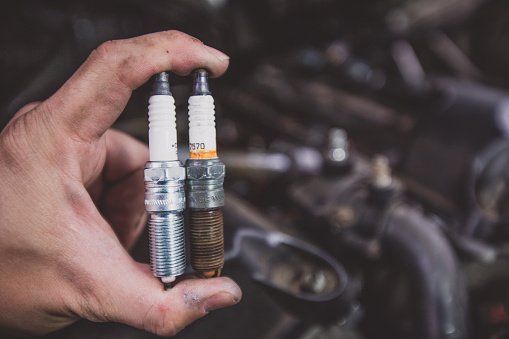Should I Replace Ignition Coils with Spark Plugs
What is a Spark Plug?
Before answering the question of "should I replace ignition coils with spark plugs", we need to know what is spark plugs and why it is useful.
To put it simply, the ignition coil is an electronic device which "converts" the digital pulse from the car computer into an analog signal which can be sent to the spark plug wire. The job of the spark plugs is to make a small electric discharge that is powerful enough to ignite the gasoline/petrol mix before it enters the combustion chamber of your car.
When there is a need to release electrical energy, the voltage in the secondary winding jumps across an air gap at the tip of the spark plug, ionizing any air molecules in its path so that it can create an arc between the electrodes. This sparks fuel in the combustion chamber and sends power to engine pistons.
Are the Ignition Coils the Same as Spark Plugs?
The ignition coils are not the same as spark plugs. In a car, there are two sets of wires going to the plug wire it one is for battery voltage and the other is to control the timing of the spark going to the spark plug. When a coil is "coiled" it means it is a spiral of wire which wraps around a ferromagnetic core making the magnetic field stronger. The extra voltage from this coil is enough to make an electric discharge that can ignite the gas in a cylinder. The smaller coils used in cars have been replaced by coil-on-plug ignition systems because they take up less space and because modern vehicles use high octane fuel instead of gasoline, these small coils would not be powerful enough.
Manufacturers are constantly developing new ways to improve this process, with the main goal being to provide an efficient process that can withstand adverse temperatures. The spark plug can be adjusted to provide even more power.
The ignition coil is attached to the spark plug and it triggers an electromagnetic reaction when needed. The spark plug then sends an electric current that jumps into the spark gap, causing ionization.
Read the full article at Easybom Blog.
